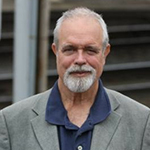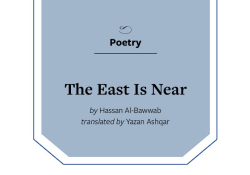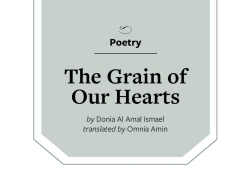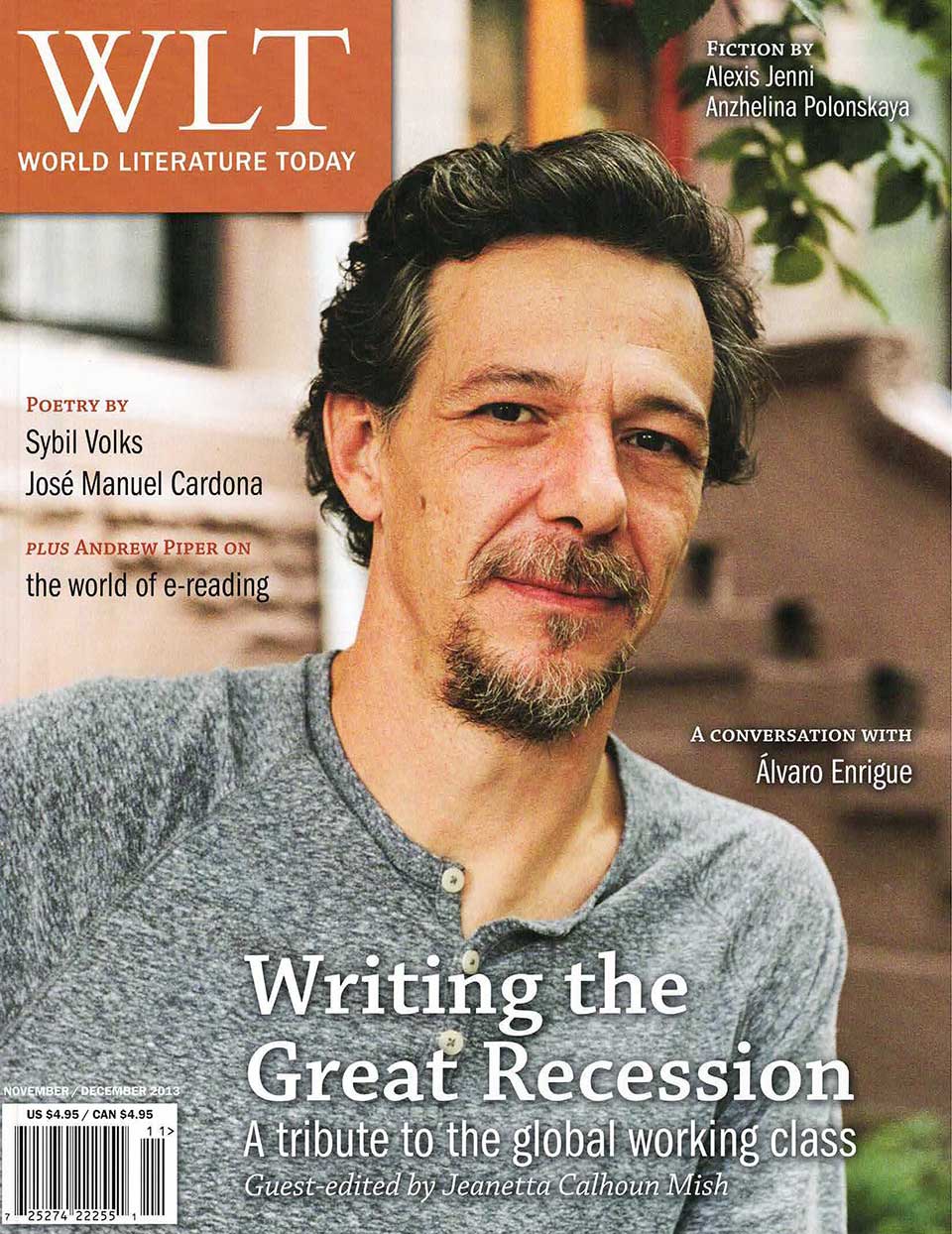Work Song
Love picks its way through the gravel ruts
leading into the job site, past the truck tires
exploded nearby, the crows’ rusted voices, black
wings and feet, cottonwoods risen in ghostly
fields and the levee’s blonde lip folded over
the water. It seeks itself in random orders:
pale mist settling on marsh grass, freezing
the tattered glittering webs, ragged forsythia
strewn down the fence, raindrops fallen like worlds
without end into the distant river. The job
runs smoothly, ahead of schedule, feeder frames
built in the ceilings, underground cable
punched down and tagged. See the tiered
ladders set in place, wire spools threaded
side by side onto a length of steel pipe. See
the apprentice in line at the roach coach waiting
for everyone’s coffee. You know somewhere nearby
chaotic traffic fractures the April dawn. That the
Dow Jones ratings your paycheck depends on
cluster like blind spores swarming their prey.
That the homeless have wandered the hacked edge
of nightfall scavenging Pepsi cans. But here pairs
of carpenters level the windows and new tile work
arches its reverend glaze over the fireproof doors.
A fine rain glows in the threshold where your crew
hunches over the floor plan: four Benedictines
in speckled light, cowled in frayed sweatshirts,
Carhartt jeans, copying out last night’s changes.
Editorial note: First published in Overtime (Eastern Washington UP, 2001).











